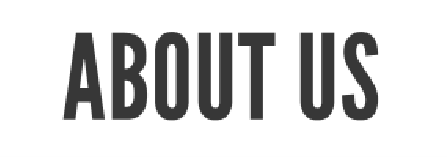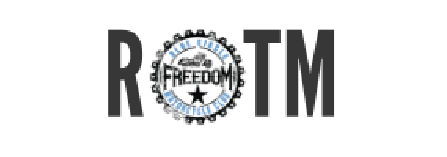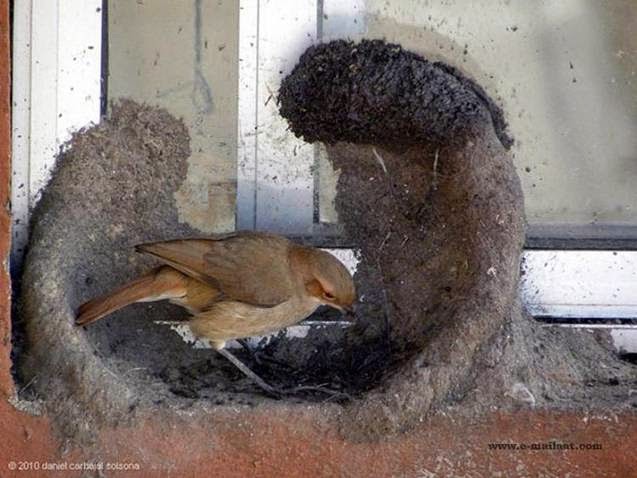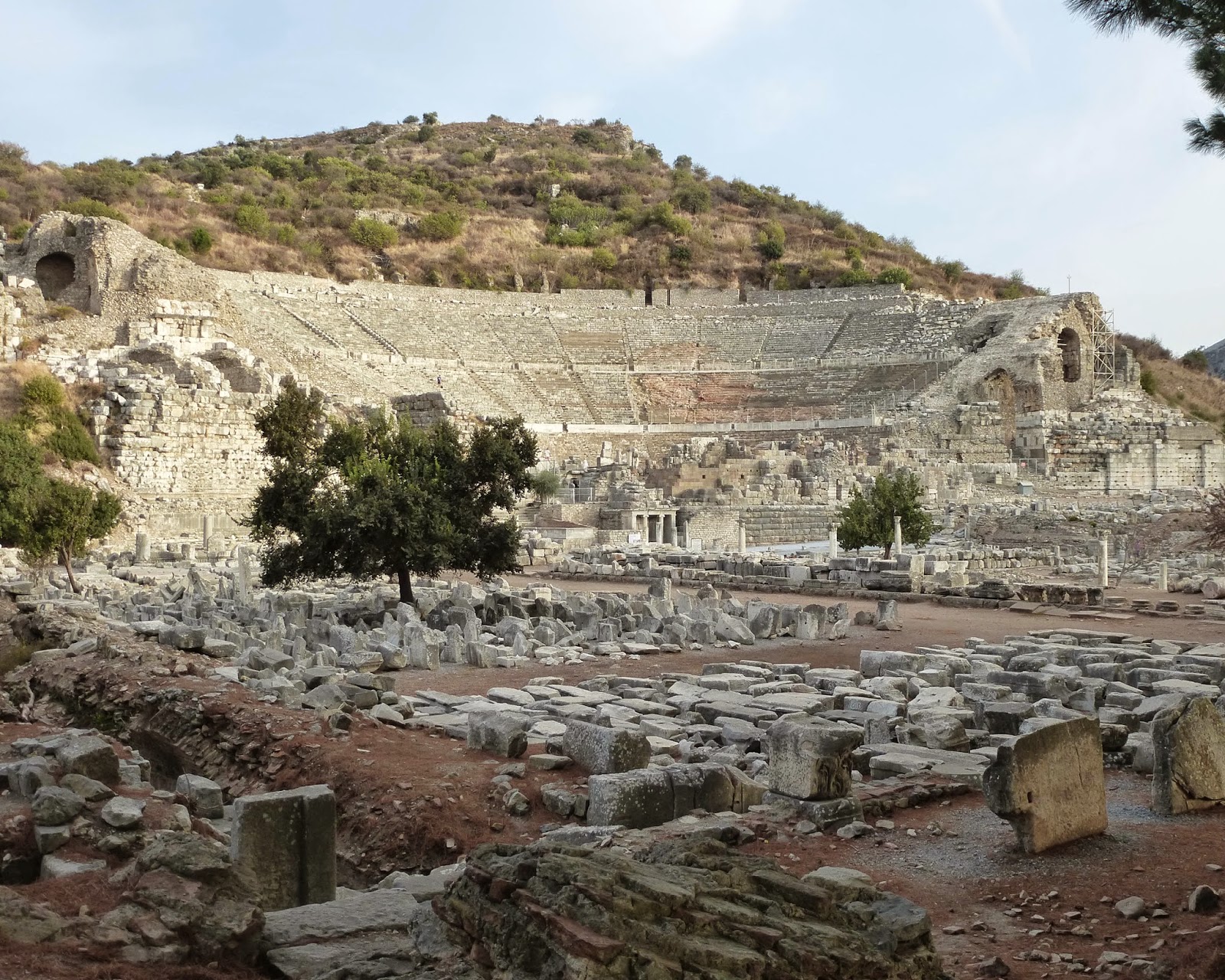I just spent a couple
of weeks travelling through the beautiful and diverse republic of Turkey, which
is the gateway between Asia and Europe. In fact, the major city of Istanbul
straddles both continents, with the Bosphorus Strait linking the Black Sea to
the Mediterranean and, from days of yore, the historical Silk and Spice Roads
leading to the city. What makes Turkey so unique and fascinating isn’t just the
landscape but also the people and their political positioning, which separates
it from so many other countries in this region.
With many European countries meddling in Middle East affairs
during the Colonial era, the then ruling Ottoman Empire aligned itself with
Germany, as they had been relatively uninvolved in such interference. Of course
this meant affiliation during World War One and was the final straw in the
demise of the then governing Ottoman Empire. Modern Turkey was a result of the
overthrow of the Ottomans by Mustafa Kemal Ataturk, who brought a steady stream
of modern secularism and “westernization” to the country. This included the unification of education, the
discontinuation of religious and other titles, the closure of Islamic courts
and the replacement of Islamic canon law with a secular civil code modeled
after Switzerland. There was also recognition of the equality between the sexes
and the granting of full political rights to women in 1934. Language reform
adopted the new Turkish alphabet derived from the Latin alphabet like our
own. There were also dress laws and the
wearing of a fez was outlawed, meant to further step away from the Ottoman
influences.
Not to bore you
with too much history but it just gives you an idea of what it’s like to travel
through a country that is Islamic but secular. There were minarets everywhere
and you heard the call to prayer 5 times a day, except Fridays, sometimes with
mosques so close together that several Imams could be heard at the same time.
In fact, there is a song like character
to the call and sometimes I felt there was a bit of competition going on as to
who had the better voice. Interestingly, we walked by many mosques during
prayer and though there were people inside, a good many Turks were hanging out
in the street shops and parks, smoking and drinking tea. Apparently, only about
25% of Turks attend mosques regularly though there are people who appear outwardly
conservative, with women in head scarves and such attire. One thing for sure is that it seems like every
male Turk smokes and I even saw very young teens puffing away and drinking
thick Turkish coffee.
 |
| My friend, Tom, and I have our first look at the Mediterrnean in Antalya |
 |
| We had these great "pancakes" made on an open fire griddle |
 |
| Crab fishermen came by our boat and sold us some Blue Crab when we were in Dalyan |
 |
| Steamed fresh Blue Crab was awesome |
 |
| The Lycian burial chambers are for their kings and queens dating back to the period between the 2nd to 4th century |
 |
| Roman tombs from the ancient city of Hieroplois, which is near Pamukkale |
 |
| Pamukkale means "Cotton Castle, and you can see why, thanks to the calcium carbonate deposits |
 |
| We had a private viewing of the Sufi Mevlevi ceremony with these whirling Dervish |
 |
| Thick and strong Turkish coffee prepared in a heated sand pit |
 |
| Better have only one! |
 |
| Lots of Turkish men play "Okey" and I was given some tea and invited to sit in on this game, though I only watched. |


























































